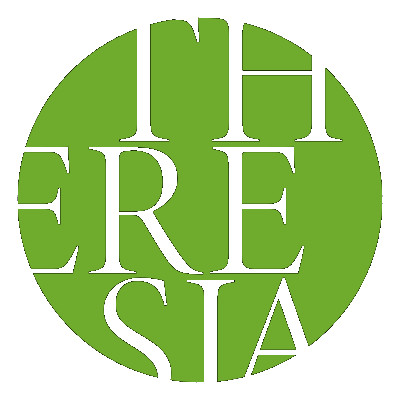
It’s summer, time for riddles, and we have one nice for you: so, are you ready for a riddle? Yes?
Therefore here it is: who was that famous composer who said: “He is the father, and we are the children”? And to whom was he referring?
Let us give you some issues: the “father” is one of the composers we’ll perform in August, and the funny thing is that nowadays he is better known to be a “son” rather than a father.
Well, the sentence was said by Wolfgang Amadeus Mozart,  and he was referring to Carl Philip Emanuel Bach. CPE Bach was born in 1714 and died in 1788: when Mozart was a child travelling all around Europe, CPE was one of the most famous composers. As a matter of fact, through the later half of the 18th century, the reputation of CPE Bach stood very high and it has been written that “in the second half of the 18th century the name `Bach’ was almost exclusively associated with the initials `CPE’” and that “in his influence on subsequent composers such as Haydn and Beethoven – both of whom were avid collectors of his music – was in many respects greater than his father’s.” Beethoven, when teaching the young Karl Czerny, wrote, “be sure of procuring Emanuel Bach’s treatise”, which is, indeed, one of the essential sourcebooks for understanding the style and interpretation of 18th-century music: the influence of C.P.E. Bach’s Essay on Keyboard Instruments was unsurpassed for two generations. Haydn called it “the school of schools.”
and he was referring to Carl Philip Emanuel Bach. CPE Bach was born in 1714 and died in 1788: when Mozart was a child travelling all around Europe, CPE was one of the most famous composers. As a matter of fact, through the later half of the 18th century, the reputation of CPE Bach stood very high and it has been written that “in the second half of the 18th century the name `Bach’ was almost exclusively associated with the initials `CPE’” and that “in his influence on subsequent composers such as Haydn and Beethoven – both of whom were avid collectors of his music – was in many respects greater than his father’s.” Beethoven, when teaching the young Karl Czerny, wrote, “be sure of procuring Emanuel Bach’s treatise”, which is, indeed, one of the essential sourcebooks for understanding the style and interpretation of 18th-century music: the influence of C.P.E. Bach’s Essay on Keyboard Instruments was unsurpassed for two generations. Haydn called it “the school of schools.”
 CPE was the second surviving son of Johann Sebastian and Maria Barbara Bach, and was his father’s true successor. In his autobiography he writes: “For composition and keyboard-playing, I have never had any teacher other than my father.”
CPE was the second surviving son of Johann Sebastian and Maria Barbara Bach, and was his father’s true successor. In his autobiography he writes: “For composition and keyboard-playing, I have never had any teacher other than my father.”
However, while CPE was such a famous composer (and celebrated performer too, as Charles Burney wrote: “He grew so animated and possessed, that he looked like one inspired. His eyes were fixed, his underlip fell, and drops of effervescence distilled from his countenance”) Bach father, Johann Sebastian, had to wait for Mendelssohn to perform his St. Matthew Passion in 1829 and to start the “Bach-renaissance”: systematic publication of JSB’s music started only in 1850. At the same time, during 19th century, CPE’s name fell into neglect, with Robert Schumann notoriously opining that “as a creative musician he remained very far behind his father“, though Johannes Brahms held him in high regard and edited some of his music. The revival of C. P. E. Bach’s works has been underway since Helmuth Koch’s rediscovery and recording of his symphonies in the 1960s, and Hugo Ruf’s recordings of his keyboard sonatas.


